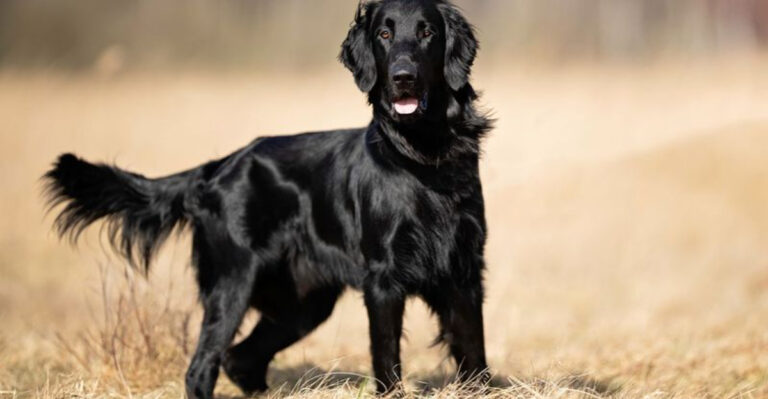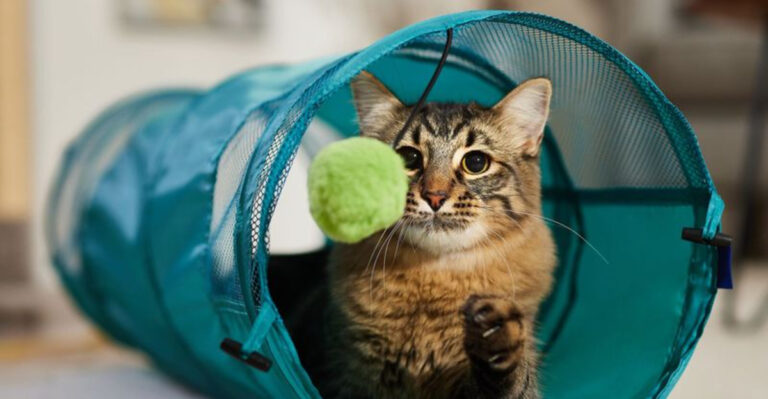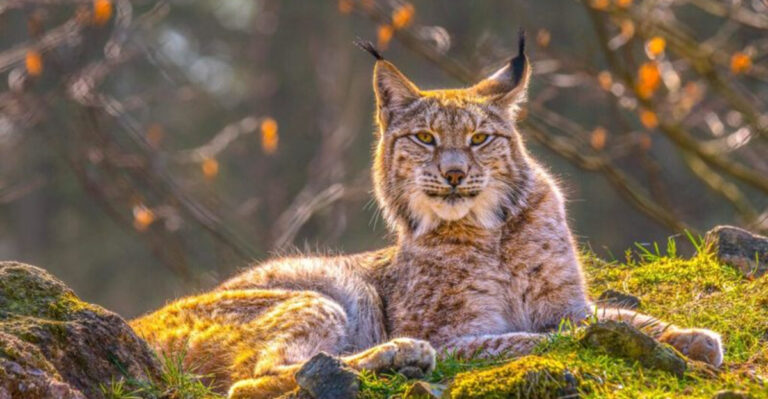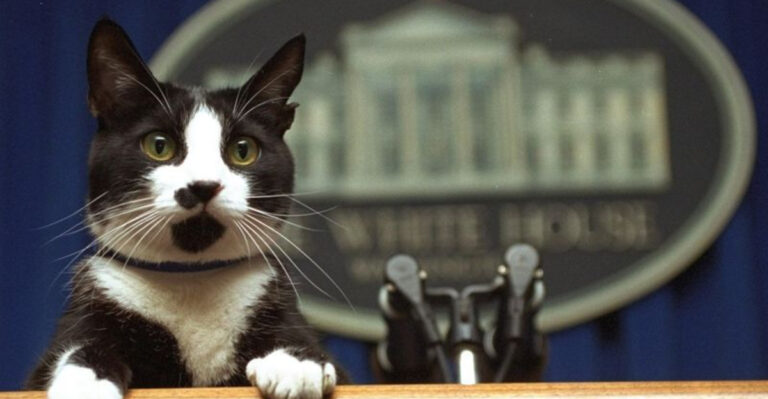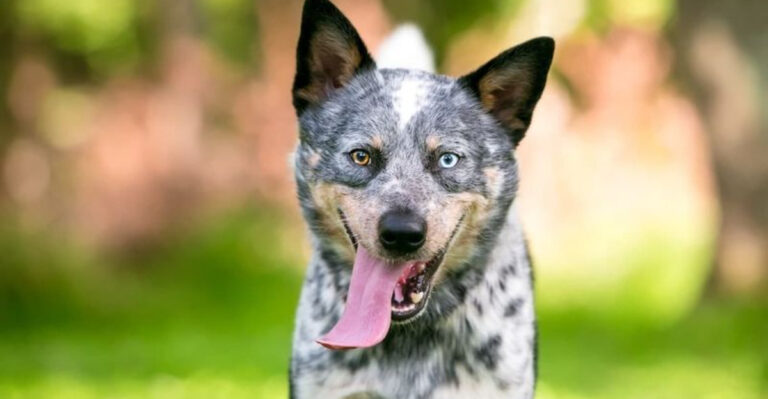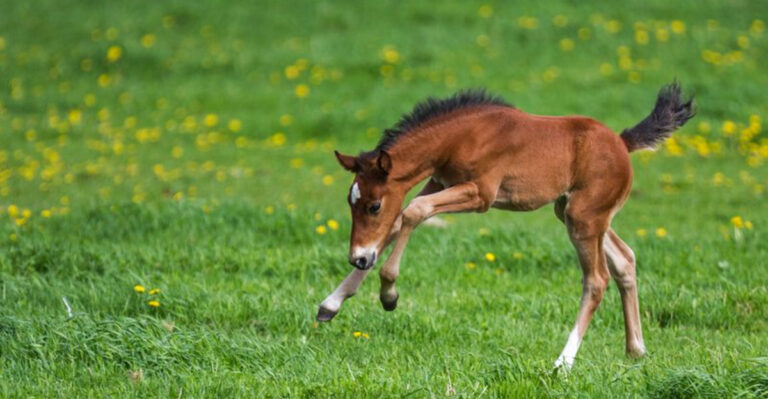13 Heartfelt Ways Horses Say Goodbye Before Their Life Ends
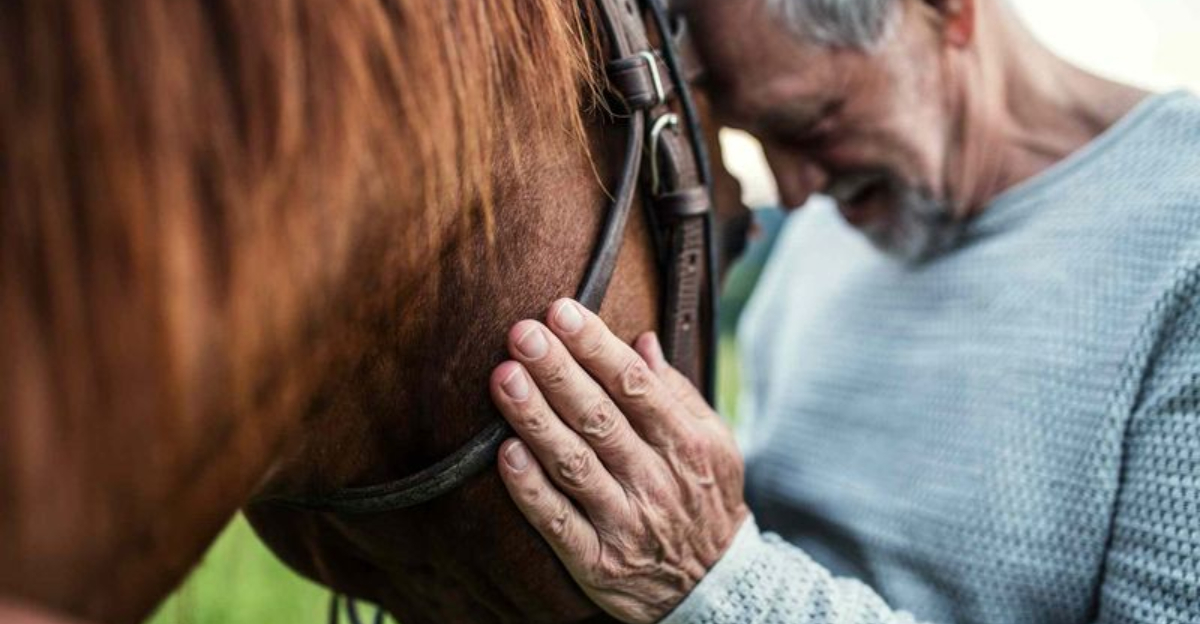
Horses, these magnificent creatures who form deep bonds with humans and other animals, often display touching behaviors as they approach the end of their lives.
Just like people, horses seem to sense when their time is drawing near and may communicate this awareness in subtle yet meaningful ways.
1. Seeking Solitude In Favorite Spots
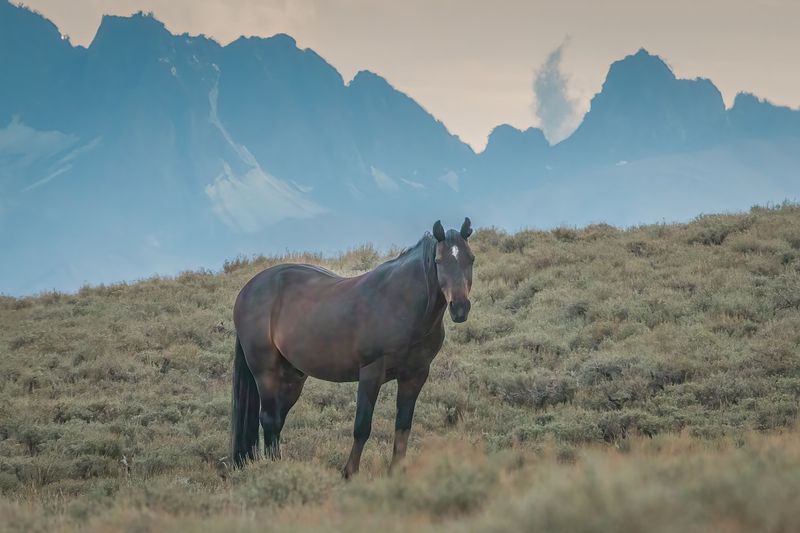
Many horses will retreat to a special place they’ve always loved when they feel their time is approaching. This might be a quiet corner of the pasture beneath a familiar tree or a secluded spot where they’ve always felt safe.
Horse owners often report finding their aging companions standing peacefully in these meaningful locations, seemingly reflecting on their lives. This behavior mirrors what many wild animals do naturally when their instincts tell them the end is near.
2. Unusual Affection Toward Their Human
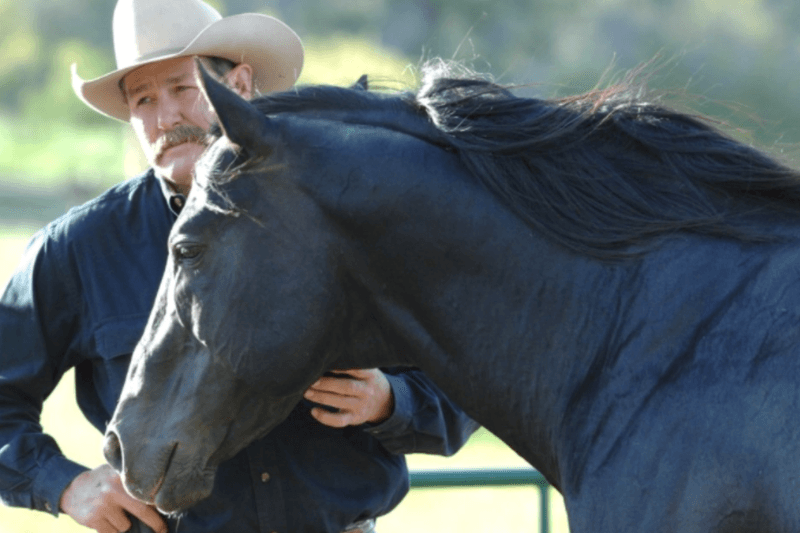
Horses who normally maintain some emotional distance may suddenly become extraordinarily affectionate. They might rest their head on your shoulder for extended periods or nuzzle you with unprecedented gentleness.
This increased desire for connection often surprises owners of typically independent horses. The animal seems to be saying thank you for the years of care and companionship, creating precious final memories that will comfort their humans later.
3. Giving Special Attention To Other Animals
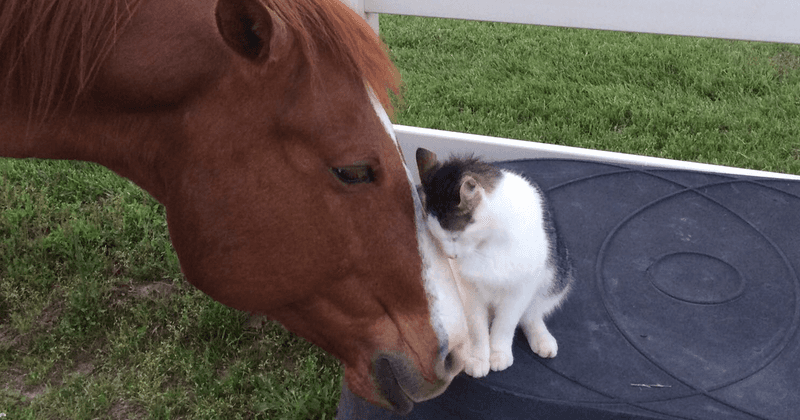
A horse approaching life’s end will often make rounds to other animals in their herd or barn. They may touch noses with goats they barely acknowledged before or stand near the barn cat’s favorite perch.
These goodbye visits can include long periods of standing beside their closest equine friends. Some horses even appear to transfer their protective role to another herd member, teaching youngsters important survival skills in their final days.
4. Refusing Food But Accepting Treats
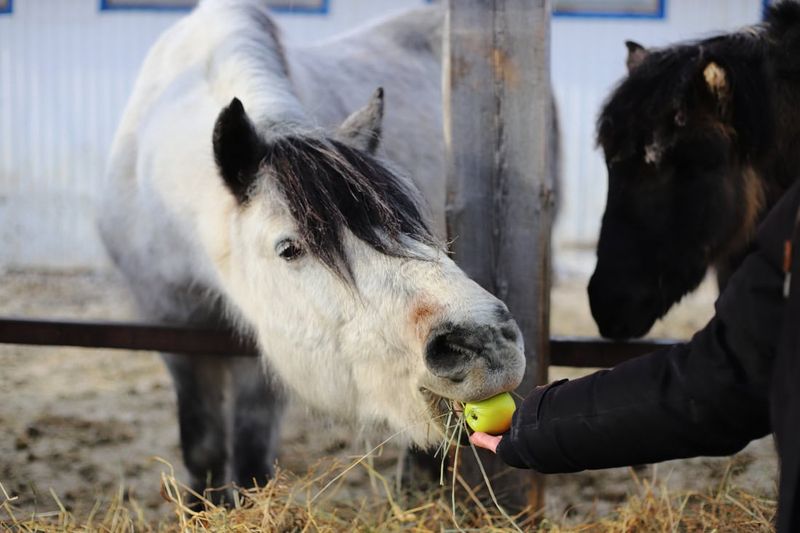
While appetite loss is common in ailing horses, many will still accept special treats from beloved humans even when refusing regular meals. This selective eating isn’t just about taste preferences.
The horse might take an apple slice or carrot with surprising gentleness, savoring it slowly rather than gobbling it down. This behavior shows they’re still connecting with you while their body naturally begins to shut down non-essential functions.
5. Unusual Calmness Despite Discomfort
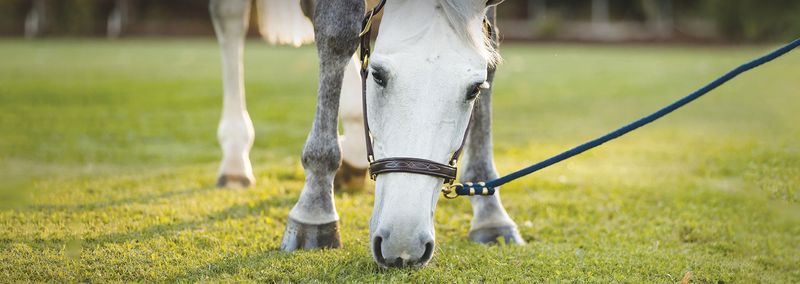
Horses facing serious health challenges often display remarkable serenity. A horse that would normally stomp and fidget during minor discomfort might stand quietly despite significant pain.
This profound calmness isn’t resignation but acceptance. Their breathing slows, their eyes soften, and they seem to enter a meditative state. Veterinarians often note this peaceful demeanor as a sign that a horse has reached an understanding about their journey’s end.
6. Gazing At Horizons And Open Spaces
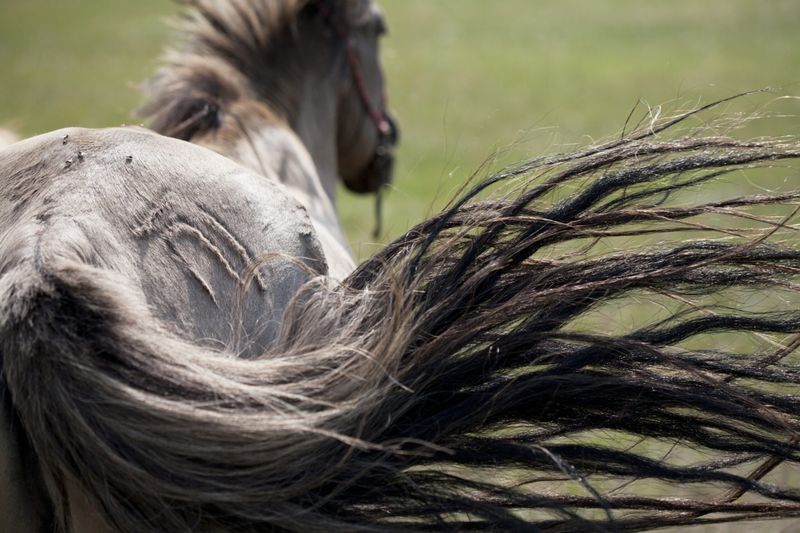
Many horse owners report their aging companions spending hours looking toward distant horizons. This behavior often increases in the days before passing, regardless of whether the horse is stabled or pastured.
They position themselves to face open spaces, sometimes nickering softly at something unseen. Some equine behaviorists believe this represents their wild instincts awakening, preparing for one final journey across spiritual plains their ancestors once roamed.
7. Pressing Their Body Against Trusted Humans
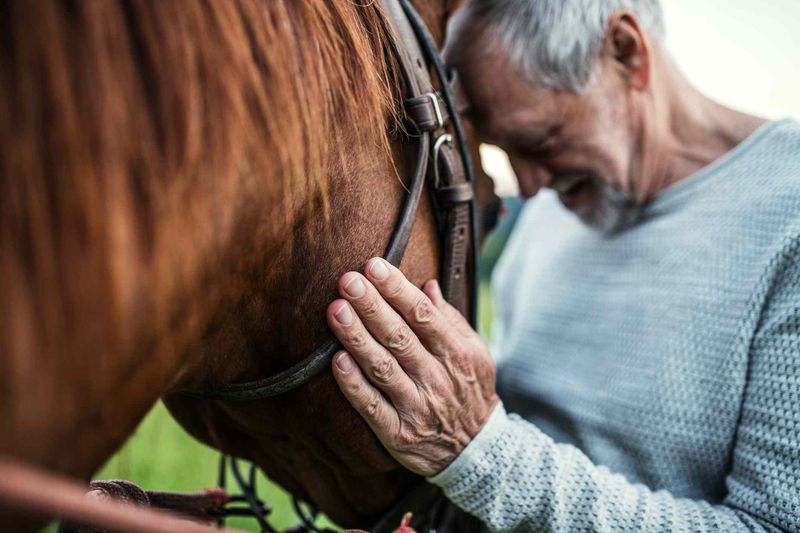
A horse sensing their end might lean their body weight against their person, seeking comfort through physical touch. This behavior differs from the pushing that indicates disrespect or testing boundaries.
Instead, it’s a vulnerable gesture of trust and need for support. The pressure is gentle, intentional, and prolonged. Many owners describe feeling like their horse was transferring their spirit or strength during these poignant moments of connection.
8. Unusual Interest In Young Foals
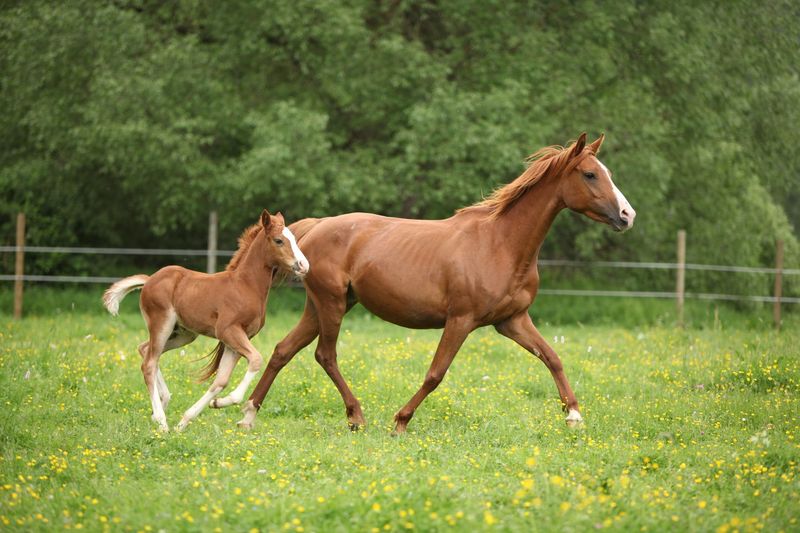
Elderly horses, particularly mares who have had foals themselves, often develop a sudden interest in any young horses nearby. They might position themselves protectively near foals that aren’t their own or allow youngsters liberties they’d never previously permitted.
This behavior reflects their instinctual desire to pass knowledge to the next generation. The aging horse seems to recognize that while their individual journey is ending, the continuation of their kind brings meaning to their existence.
9. Returning To Youthful Behaviors
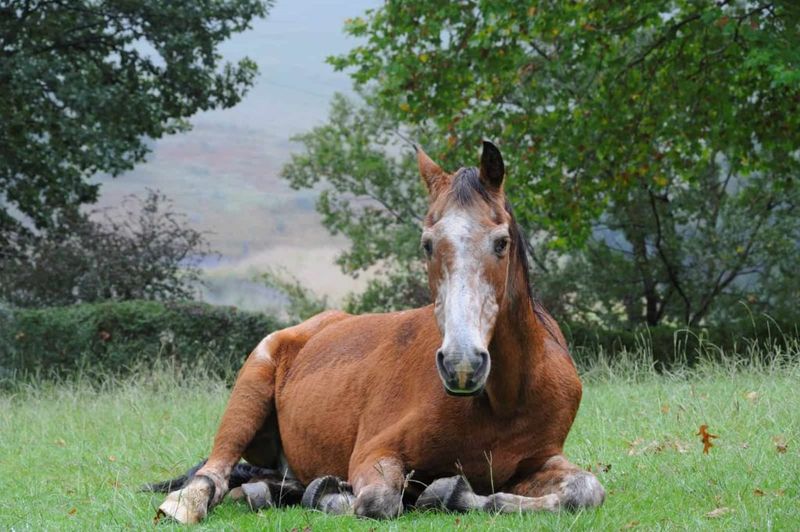
In what seems like a farewell to their own youth, some horses briefly display behaviors from their younger days. An elderly horse might attempt a playful buck, roll in a favorite dirt patch, or paw at water like they did as a foal.
These moments of vitality aren’t usually signs of improvement but rather a beautiful last expression of their essential horseness. Owners treasure these glimpses of their companion’s spirited nature shining through, however briefly, before the final goodbye.
10. Standing Near Their Burial Site
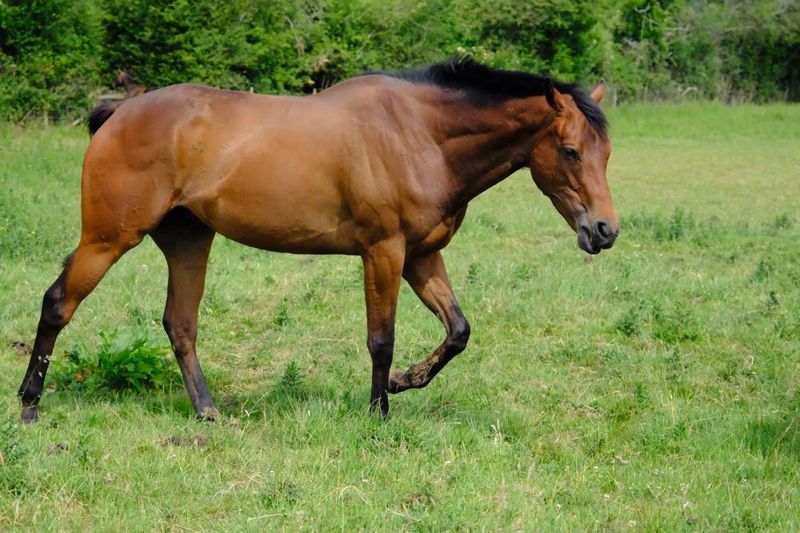
In what seems almost supernatural, some horses appear drawn to the very spot where they will eventually be laid to rest. They might repeatedly stand in a particular corner of their field that their owner later chooses for burial.
This behavior has been noted by numerous horse owners across cultures and continents. Whether this represents some form of equine intuition or simply coincidence remains a mystery, but it provides comfort to many who have witnessed this phenomenon.
11. Synchronized Breathing With Their Person
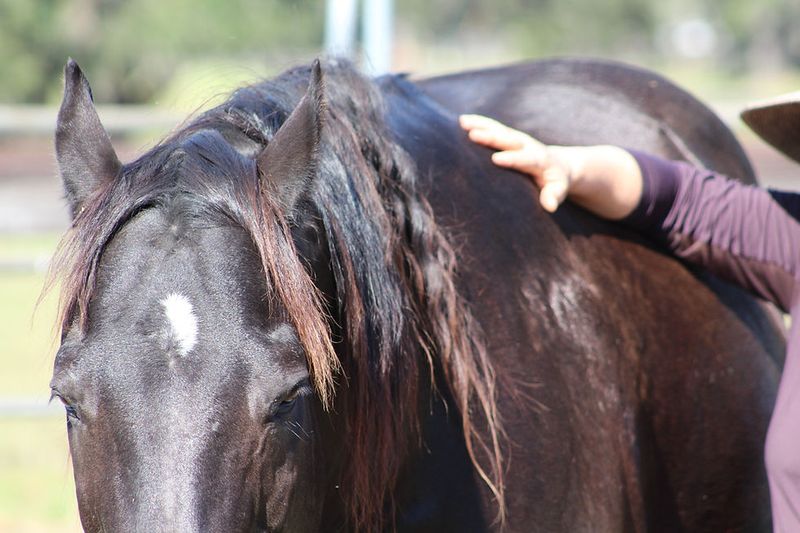
In deeply moving final interactions, a horse may synchronize their breathing with their human companion. When a person sits quietly beside their ailing friend, they often notice their breaths falling into perfect rhythm.
This harmony creates a profound connection transcending words. Equine therapists recognize this breathing synchronization as one of the strongest bonds possible between species. Many owners report these quiet moments together as the most meaningful farewell gift their horse could offer.
12. Gathering Their Remaining Strength For One Last Walk
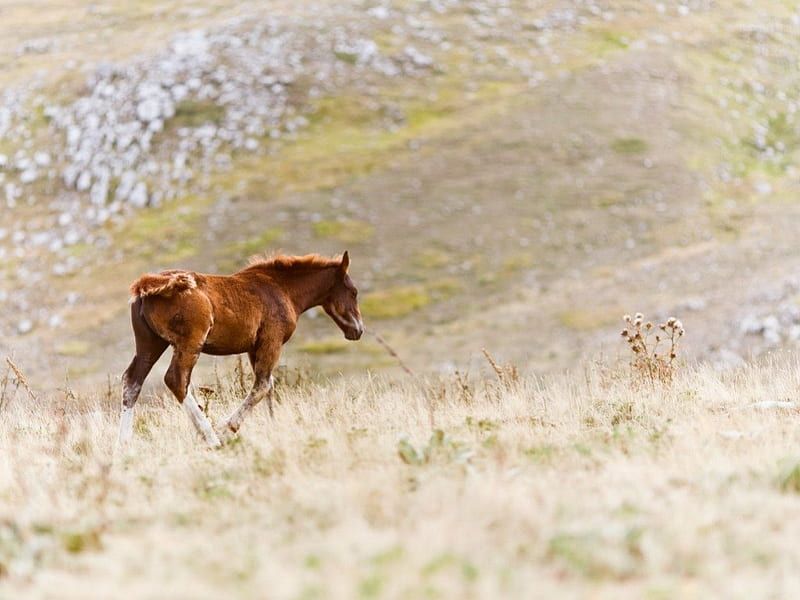
Even when mobility has become difficult, some horses will summon remarkable strength for one final walk with their person. A horse that has been lying down frequently might suddenly stand and follow their human around the property.
This last tour often includes stops at meaningful locations: a favorite grazing spot, the grooming area, or the mounting block. Like saying goodbye to cherished places, this behavior represents closure for both horse and human.
13. The Knowing Look In Their Eyes
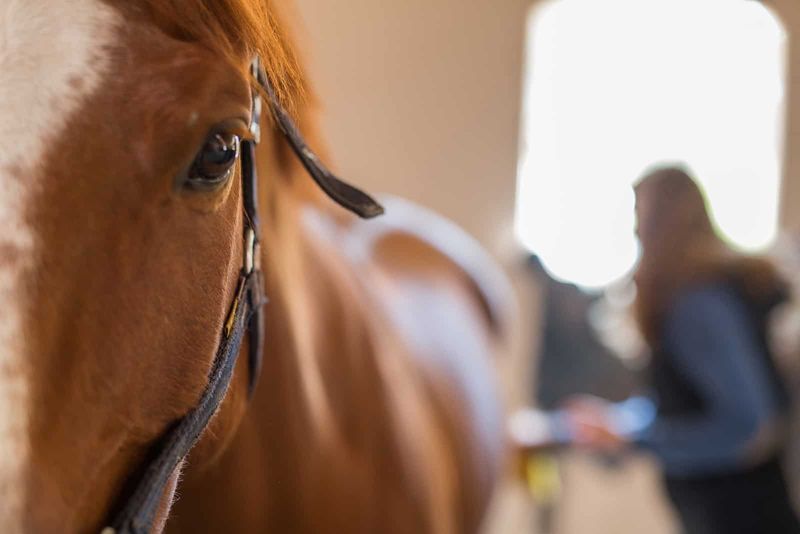
Perhaps most heartbreaking is the profound change in a horse’s gaze near the end. Their eyes take on a distant yet peaceful quality that experienced horse people recognize immediately.
This look combines wisdom, acceptance, and a strange sort of clarity. Veterinarians often comment on this change, noting how the horse’s eyes seem to communicate their readiness. Many owners describe feeling their horse was telling them it was okay to let go.

